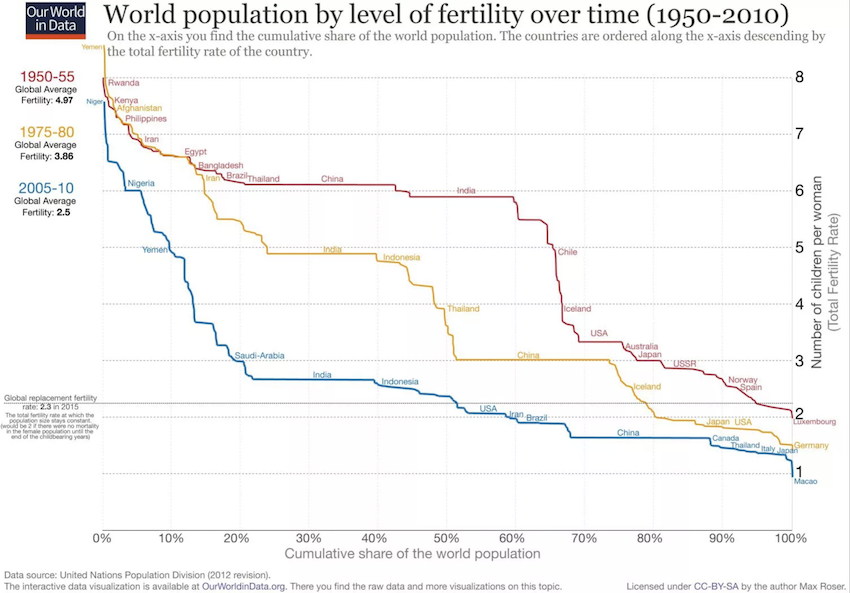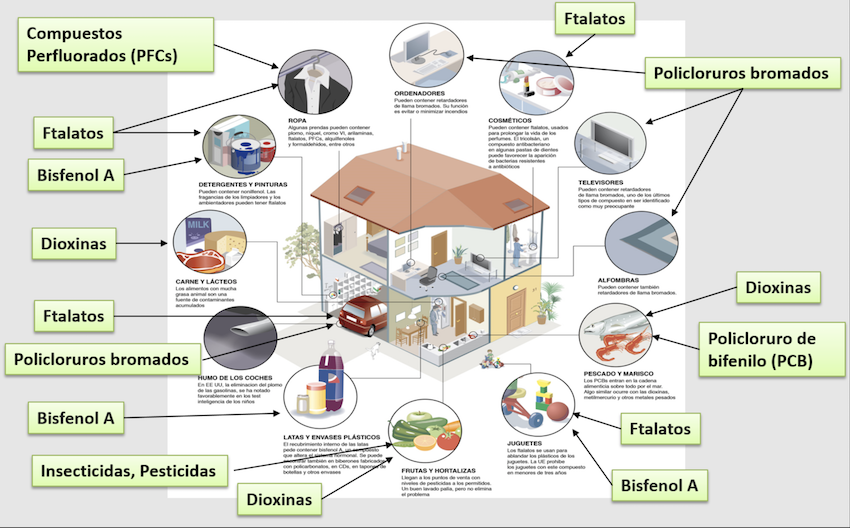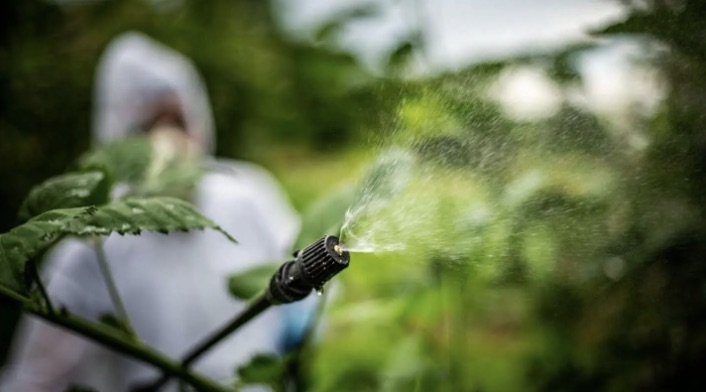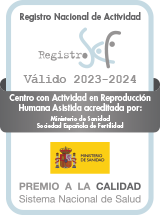- About us
- Assisted Reproduction
Prices and financing
Other specialties
- What is your case?
- Contact
Institut Marquès has carried out different studies to analyze the semen quality of Spanish, Italian and Irish men. The research is framed in a context of concern about the decrease in semen quality in men in developed countries and the increase in fertility problems, in which the male factor is involved in more than 50% of cases.
Until now, the existing information on the coronavirus and male fertility has been based on small samples, often finding contradictory conclusions. To obtain a sufficiently large sample to determine whether COVID-19 affects semen quality, our study is open to participation, both from men who have been in contact with or suffered from the disease and those who have not. In this way, we will be able to compare the results and determine if SARS-CoV-2 affects male fertility. This study is also a good opportunity for participants to voluntarily, free and confidentially analyze the quality of their sperm. For more than 30 years, Institut Marquès has had a specific area of Andrology specialized in the diagnosis and treatment of pathologies that affect men’s sexual and reproductive health.


Among the main factors of the deterioration of male fertility we find environmental contamination by the so-called persistent organic compounds (POPs), which are chemical substances that accumulate in organisms exponentially as we go up the food chain. Some of these substances behave like endocrine disruptors, they act like hormones without being hormones. This is the case of estrogen disruptors, which act like female hormones, altering testicular development during pregnancy.
Previous studies on male fertility carried out by Institut Marquès in Spain found poorer semen quality in areas where the presence of this type of chemical substances was higher.
The results of these studies allow us to determine the degree of reproductive health of the male population in comparison with the parameters established by the World Health Organization.

After demonstrating the impact that pollution has on health and fertility, Institut Marquès has decided to do its part to fight as much as possible against this worrying trend. For this reason, it has launched El Bosque de los Embriones, a Corporate Social Responsibility project in collaboration with the environmental organization L’Escurçó, from Tarragona. With your help, we are planting a tree for every child born thanks to our Assisted Reproduction processes. + information

The study, which we have previously carried out in Spain, with great impact both in the scientific field and in public opinion, is now being carried out in other European countries, to determine the degree of fertility and reproductive health of the male population of each one. of the countries, compared to the parameters established by the World Health Organization. + informatión
Institut Marquès, as a medical center, as well as its general director, Dr. Marisa López-Teijón, support the manifesto of Citizens for Science in Pesticide Regulation, a citizen coalition made up of people fromcivil society, institutions, scientists and legal experts. The platform calls for reform of the use of pesticides in the European Union. .The text advocates for independent regulation without vested interests.

Rellena el formulario y nos pondremos en contacto contigo para organizar una visita con un especialista en Reproducción Asistida.


Institut Marquès, clínica LGTBI Friendly